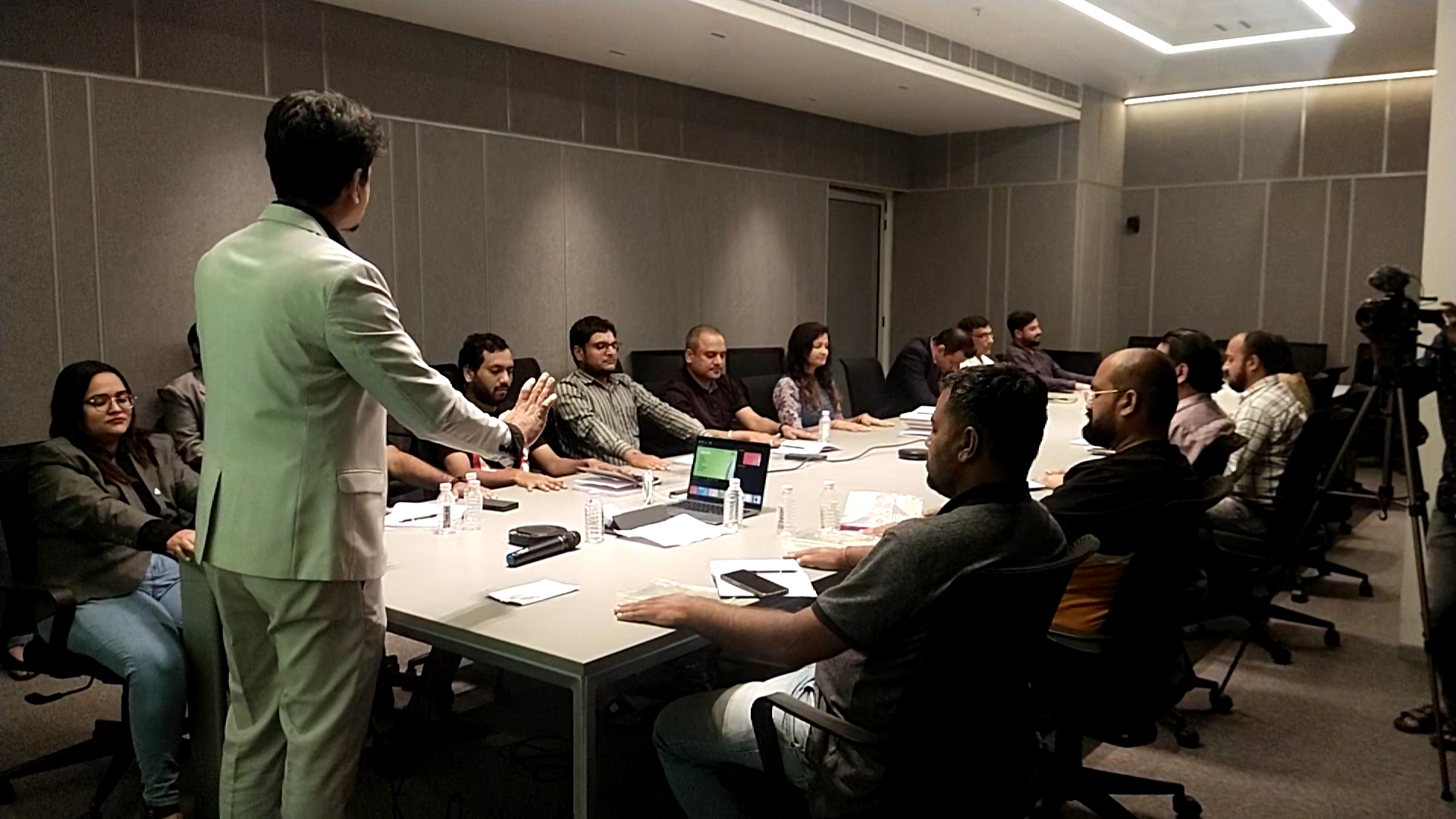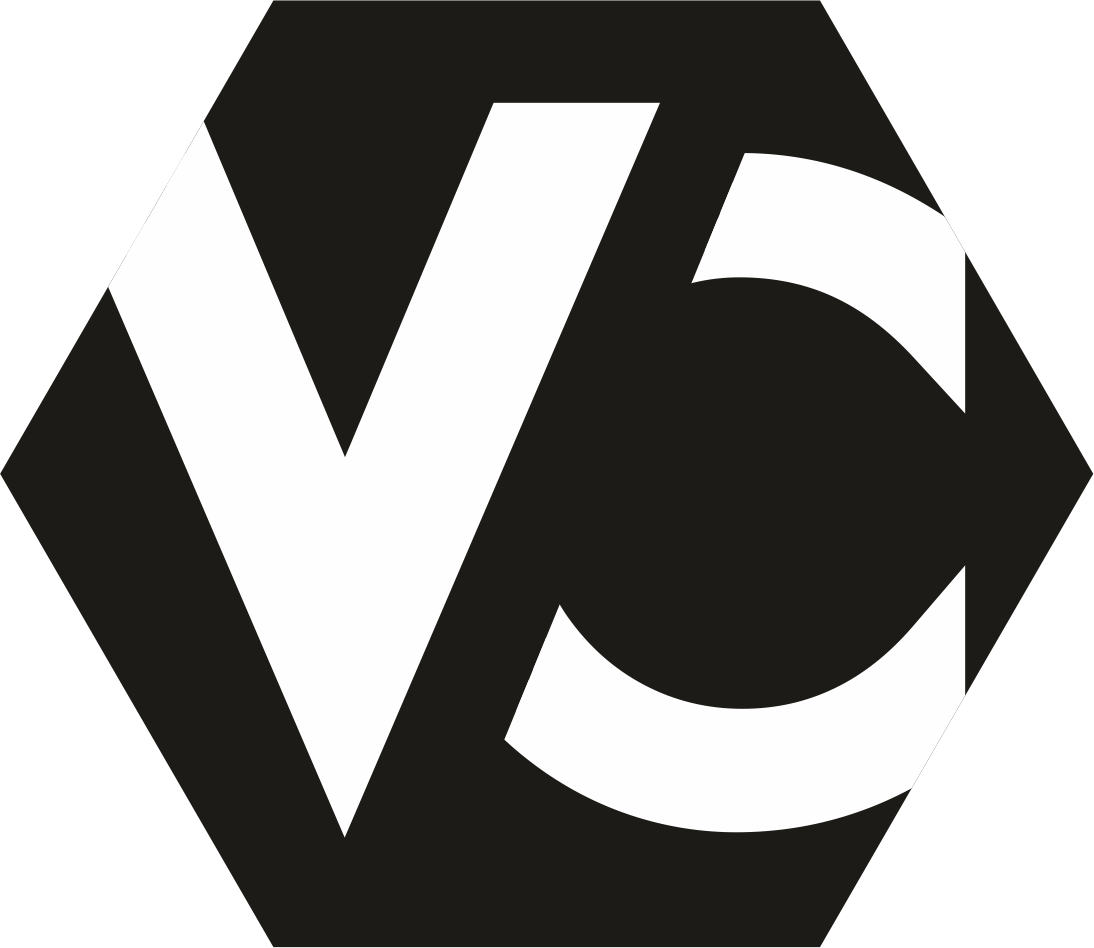Corporate Trainings
CORPORATE TRAININGS
Corporate training, also called as Workplace Learning or Corporate Education, plays a crucial role in fostering employee growth and business success. These programs are designed to enhance professional development, offering employees the skills and knowledge they need to excel both professionally and personally. For employers, corporate training is an investment that drives productivity, innovation, and long-term business growth.
In larger organizations, Development Teams or Talent Management are responsible for overseeing the training programs, while in smaller companies, the Human Resources Department often handles this role. These teams are tasked with identifying the key skills and training needs, developing strategic roadmaps, and ensuring employees have access to continuous learning opportunities that align with business objectives.
Despite the many benefits, there is a common misconception about corporate training programs being too focused on addressing skill gaps or being overly tailored to current job roles. As a result, employees may not see the long-term value in these programs. To overcome this, the role of Learning and Development (L&D) is evolving to prioritize ongoing, self-directed learning that empowers employees to continuously grow beyond their present roles, ensuring they are equipped for future challenges.
At The ARK, we specialize in delivering motivational speaking sessions and customized corporate training solutions that address these evolving needs, helping organizations and their teams embrace continuous growth, resilience, and success.

When to Initiate Training and Development
- To address performance gaps identified during appraisals
- To benchmark progress in improvement efforts
- As part of professional development programs
- For succession planning to prepare employees for future roles
- To pilot a new performance management system
- To provide training on specific topics
Reasons for Employee Training
- Communication: To navigate diverse languages and customs in today’s workforce.
- Computer Skills: Essential for modern administrative and office tasks.
- Customer Service: To meet customer needs in a competitive market.
- Diversity: Understanding and valuing different perspectives and views.
- Ethics: Addressing corporate social responsibility and diverse workplace values.
- Human Relations: Managing workplace conflicts and fostering collaboration.
- Quality Initiatives: Training on quality standards and practices like TQM and benchmarking.
- Safety: Guidance for handling equipment, chemicals, and personal safety.
- Sexual Harassment: Clear policies and examples of inappropriate behaviors.
Why Conduct Employee Training?
- Boosts job satisfaction and morale
- Enhances employee motivation
- Improves process efficiency, leading to cost savings
- Prepares employees for new technologies and methods
- Encourages innovation in strategies and products
- Reduces employee turnover
- Strengthens the company’s reputation
- Supports risk management through essential training (e.g., harassment and diversity training)
Why Our Training Matters?
TACKLE SHORTCOMINGS
Everyone has areas to improve, and my training helps address them.
We group employees by roles—such as sales, first-time managers, middle management, senior leadership, and executive leadership—to deliver focused, relevant training.
IMPROVEMENT IN PERFORMANCE
Addressing weaknesses improves performance,
while training also enhances strengths and builds new skills. Companies should tailor training programs to target the right individuals effectively.
EMPLOYEE SATISFACTION
Companies that invest in relevant training see more satisfied employees.
My training ensures every session is meaningful, helping employees learn and grow.
INCREASED PRODUCTIVITY
Empower your team to adapt, upgrade, and excel for peak productivity.
In today’s fast-changing world, productivity depends on how employees adapt and use their skills. Training updates their abilities, improves existing ones, and removes outdated practices, ensuring efficiency and effectiveness.
SELF-DRIVEN
Employees who undergo my training require less supervision,
as it equips them with the skills to handle tasks independently. This allows supervisors and management to focus on more critical areas.
And the benefits go on…
WHY The ARK SHOULD BE THE FIRST CHOICE OF CORPORATES?
Helping people apply what they learn!
What sets A. Raheman Khan apart is his focus on helping people apply what they learn in his sessions to their work. He avoids boring PowerPoint slides and long lectures. Instead, his sessions are engaging, using creative methods to inspire confidence and success.
With his experience and knowledge, he helps individuals transform their lives positively.



